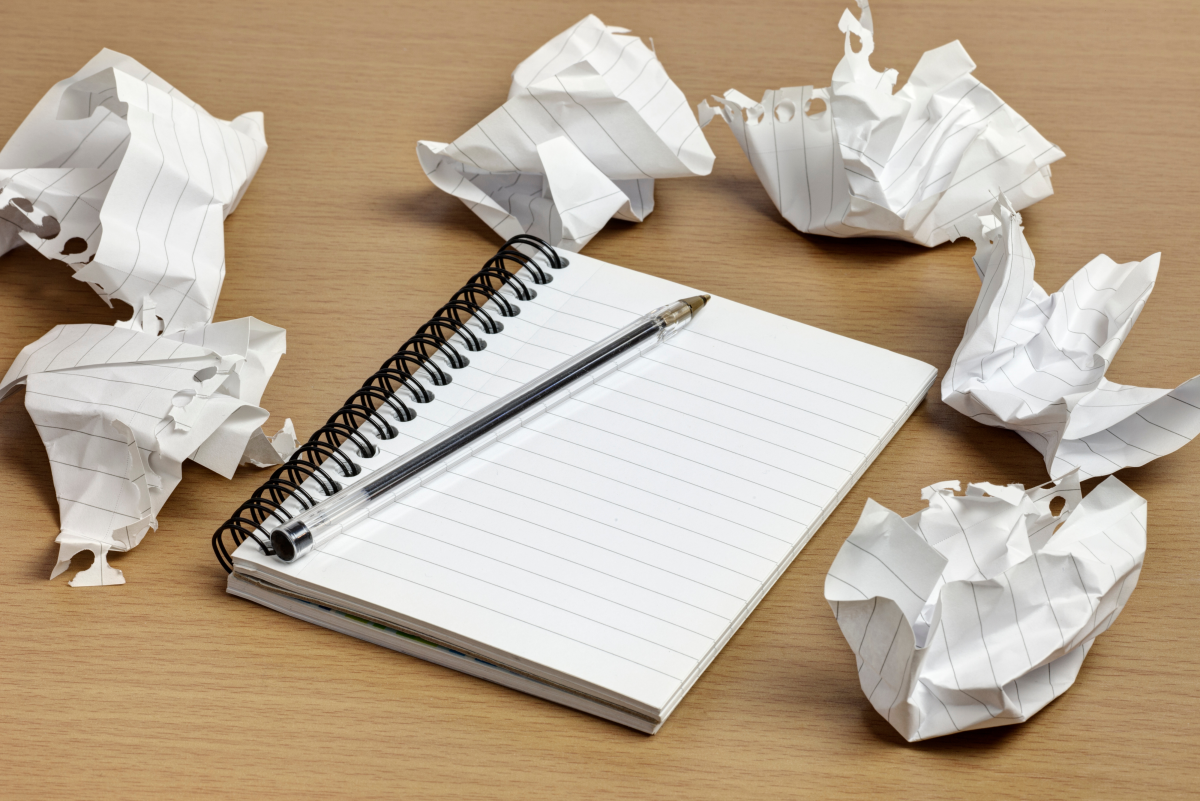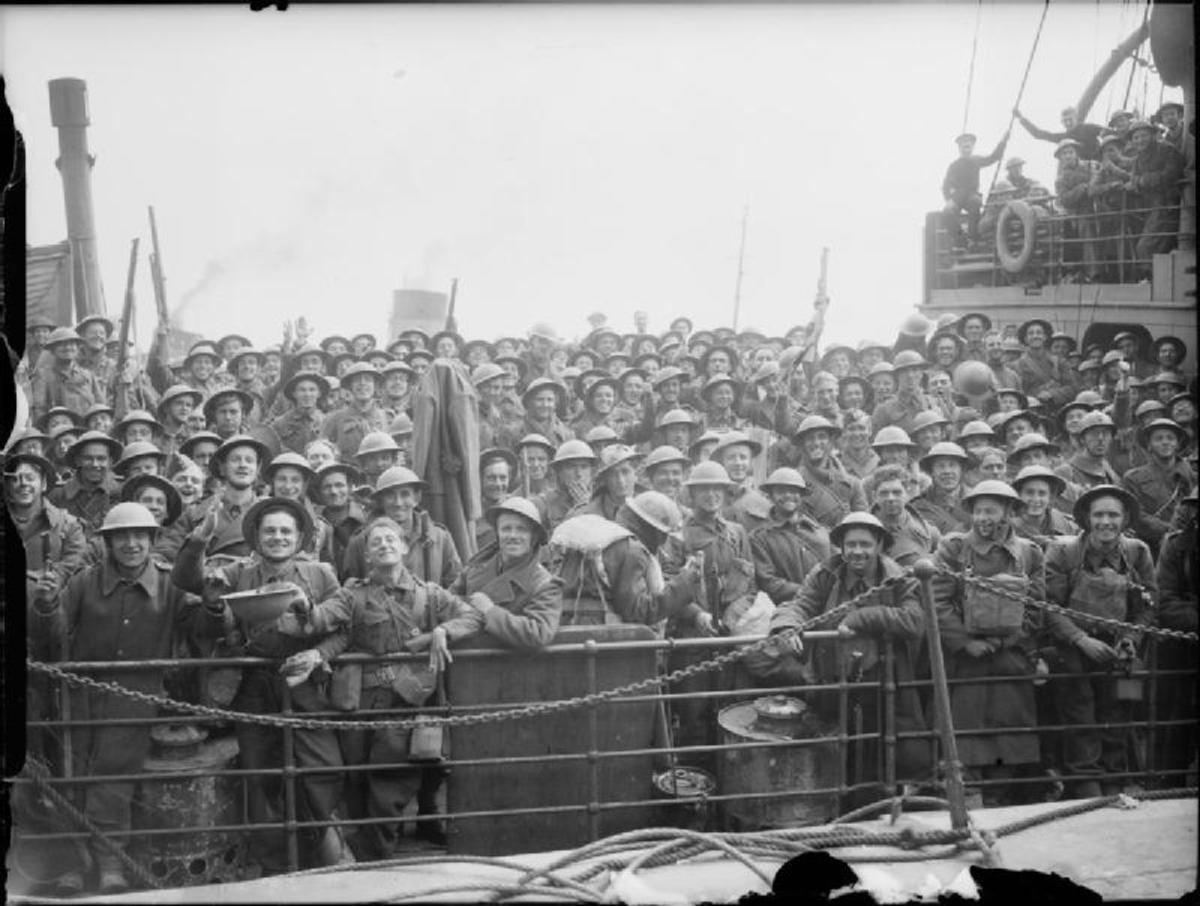Avoid Writer's Block in Fiction Writing in Six Easy Steps

Why I Never Had Writer's Block.
Don't hate me, but I have never had writer's block. Never. I always have something to write about. If you read on, you may discover why I don't and how I avoid getting writer's block.
I don't let word counts dictate what I am writing on any given day. Instead, I decide where and what I am going to work on that day and what direction I want the story to move. Although I have a word count that I am working toward, I know that it is great storylines, not word counts that move fiction along.
Step One: Write Down Questions, Then Sleep On It
This first step may be all you need to break writer's block!
I ask questions the night before a writing session. Let’s say that I'm just starting to develop a plot for my book. I begin my initial writing session by exploring where I expect my book to start and where it ends.
I begin exploring the characters that will be developed in my story. I discover who they are, and their motives. I write down everything I think I know about my book. I then look at what I have written and ask myself questions that I want to begin to answer in my next writing session. This is critical. This prevents me from having to face a blank piece of paper the next time I sit down to write. Plus it gives me something to mull over the next 24 hours or so before I sit down to write another word.
When I give myself enough time to ask questions about my following writing session, I may not think about my book consciously during that time. However, my subconscious mind will be mulling over those questions while I'm going about my day carpooling, cleaning the house, going to college, going to work, or whatever else I do during the day. I might even dream about my storyline.
The next day, I sit down and write whatever answers I can come up with for those questions. Some of it might be good, and some of it might not be, but I write everything that comes to mind during that writing session. Next, I read it over and remove anything that I know doesn't belong in my story.
Step Two: I Write What I know Right Now
I determine what I think I know about my book and write it down. If I have a scene in mind, I write it down, if I have a character that I want to develop, I write down everything I know about that character. If I have any questions about anything that I am writing, I write down the question and go on with what I know. If there is anything I want to research, I write down what I want to research, but I don't do the research yet, I do it after I have written down everything that I know for today. I don't worry about what I don't know. I write down what I do know. If I don't know how to start my story, I write an action scene so that I have a good idea about what is going to happen. If I know the ending, I write down how I think it will end. It may not end there, but at least it gives me an idea. The beauty of the whole process is being able to put down in words at least something close to what you want to say. I can edit it later.
Step Three: I Save Editing for Later
I avoid editing too much in the beginning. I don't edit during the first draft. I write whatever comes into my head. I don't worry about grammar or spelling (although I am pretty good at both). Instead, I keep going. If I decide to change the beginning, I'll make a note that I want to change the beginning and might even write a different beginning, but I don't edit out the original until I am into rewrites. This keeps me from getting bogged down in the process.
This is one of the reasons I like NaNoWriMo so much for writing my first draft. The object of the whole month is to get the whole first draft written in a month. There's no time to edit the first draft. The object of the month is to get the story down and develop the base of the storyline, characters, dialog, scenes, etc. Editing comes later. The way I look at it, during NaNoWriMo my editor is on vacation and by the end of the month there is another fifty thousand words just waiting to be edited.
Step Four: Realizing that a Story Doesn't Have to Start At the Beginning
I know I don't have to start my book at the beginning. Thanks to my word processing program on my computer, I don't have to write my stories exactly how I expect them to appear in print. I can start with what I know today. If I know what my protagonist looks like, I can write out his description. If I know a specific scene between my antagonist and my protagonist I egg the fight on. If I think I know every detail of your final scene, there's no rule that says that I can't write it, I can fill in the plot later. I simply write what I think I know today. I can rearrange the material as I go.
Step Five: The Story is Not Written In Stone
I am not, however, afraid to explore alternative ideas. In my first book, I wrote several different starts to it. In the first version, I started when Drusilla and her father met Kanter on the ship. In another version, I began the story when Kanter and Drusilla promised to marry one another. I cut all those out and decided to start the story just before Codman's murder. Those earlier moments are included in the book by using flashbacks.
Go With the Flow
I don't worry about what I don't know. I simply believe in the process. I didn't necessarily have to know the end of the book either before I got started writing the book. In my second book, I initially didn't know how to end it. I couldn't picture Elizabeth going back to England with Phillip, but at the same time, I couldn't see Phillip giving up his career as an Officer of the King's Own either. While I still had the question out there, I continued to write the story hoping that the end would come. One day, it dawned on me how I knew the story had to end. The answer to the story's likely ending was already foreshadowed at the beginning of the story! As soon as I saw the ending I knew it had to end that way, and I believe that anyone who reads the books will draw the same conclusion. I don't think I would have come up with such a compelling ending if I hadn't allowed it to be created organically through the interactions and development of the characters.
Step Six: Write Regularly
I keep writing regularly so that I keep up the writing momentum. I have developed a habit of writing on a daily basis, but I know that not everyone can write every day. However, if you write down what you know and write down questions for your next session at the end of your current session, you'll always have something to write every time you sit down at the computer.
Find what works well for you and begin writing. It doesn't matter what you write, writing anything is better than writer's block. If you write something, you will have something to edit later.
This content reflects the personal opinions of the author. It is accurate and true to the best of the author’s knowledge and should not be substituted for impartial fact or advice in legal, political, or personal matters.
© 2012 Cygnet Brown








